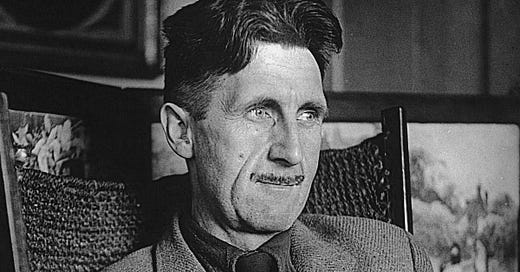
Success is getting what you want, and happiness is wanting what you get: Harvard’s ‘Lion of Entrepreneurship’
“Mostly what you saw was people who were quite satisfied. They felt good about themselves and good about their life.”
Success is getting what you want, and happiness is wanting what you get. That’s what Harvard Business School’s Howard H. Stevenson called one of the best pieces of life advice he’s heard.
In a 2013 talk called Building a Life, the "Lion of Entrepreneurship" described a research study that included an in-depth survey of 150 “successful” individuals. The group was diverse, ranging from elite investment bankers to parents to small business owners who came to the US as immigrants.
There was one curious, unifying characteristic about the group.
“Mostly what you saw was people who were quite satisfied,” Stevenson said at the lecture. “They felt good about themselves and good about their life.”
Notably, these people seized opportunities, largely avoided regrets, and enjoyed the things immediately before them, he added. These successful people, Stevenson said, didn’t put things off to the future.
Smart, curious people read newsletters that make them better. Sign up for Tip Jar — it’s free.
“One [individual] when we interviewed them, ice cream arrived at the office, he stopped the interview and he says ‘you’ll wait and the ice cream will melt, let’s have ice cream now,’” Stevenson recounted.
Four primary measures Stevenson and his colleagues assessed in the study included achievement, significance, happiness, and legacy.
“All these are uncorrelated, and getting one doesn’t get you the other,” Stevenson said.
In defining happiness, the professor called it a measure of contentedness — how satisfied someone is with their lot. It isn’t necessarily about getting ahead or the constant acquisition of goods, but what matters more, per the research, is your willingness to accept what’s before you and accept it with good will.
Alternatively, the likes of Ernest Hemingway and Marilyn Monroe, Stevenson said, tell us conclusively that people can be high achievers without being happy.
Then, Stevenson described his grandfather as a small-time, significant figure who positively impacted a large number of people but didn’t have notable acclaim or achievement, in the traditional sense.
He described happiness as the “me and now,” while legacy is defined by people other than yourself. Achievement, for its part, has much to do with who you compare yourself to. You can be a high achiever if you only compare your writing skills to preschoolers, for example, but an eternal low-achiever if you only compare your net worth to that of Jeff Bezos.
But very few people can achieve “success” across each of these four dimensions, Stevenson explained, because it stretches you too thin and there simply isn’t enough time for people to do this with any regularity. But pursuing success in even just one dimension can have it’s own pitfalls, too.
“There’s often collateral damage, because if you focus on only one thing, you’re highly likely to forget some other thing, and this is a problem,” he said.
Sequential success doesn’t work either — achieving to find significance, using significance as a source of happiness, then leaving a legacy behind because of the sum of the first three.
Enough is never enough
“Do you think any of us ever want to say ‘I’ll never achieve again?’ The decision to move on is really tough…I don’t think we can ever leave the need for achievement,” Stevenson said.
Any one of the four measures of success in the study did not predict attainment of another of the four domains, but the most successful and happy people ultimately pointed to simple satisfaction as their reason for thriving.
Being content with what’s before them, according to Stevenson, helps successful people stay happy, successful, and significant. “Can you wait to be happy? I cannot imagine living life saying ‘I’ll finally be happy when I’ve got 100 million dollars,” Stevenson said.
“Most people seek all four satisfactions in all domains, and seeking one hinders you [from] pursuing the others. That great satisfaction from one source can’t make up for missing on the others.”
What it comes down to is juggling, not balance, Stevenson concluded. Attaining success in all four domains can’t be done sequentially, and are not correlated.
The only way forward, then, is to improve as a juggler in whatever pursuits you want to encapsulate as part of your success journey.
Each ball doesn’t hold the same weight, such as your family or relationships ball and your work ball, for example. Some of the balls will bounce if you drop it, but others won’t (think of dropping the family ball versus dropping a job).
“These people we admire often have been practicing the skill of juggling all of their life…[and] the most important ball in juggling…is the falling ball. It’s the one you're about to drop.”
I dig deeper into these topics in my weekly newsletter. Join 1,800+ weekly readers and subscribe free here.
I used these ideas to write a bestselling book in a year while working full-time as a journalist. Learn more on Amazon.









